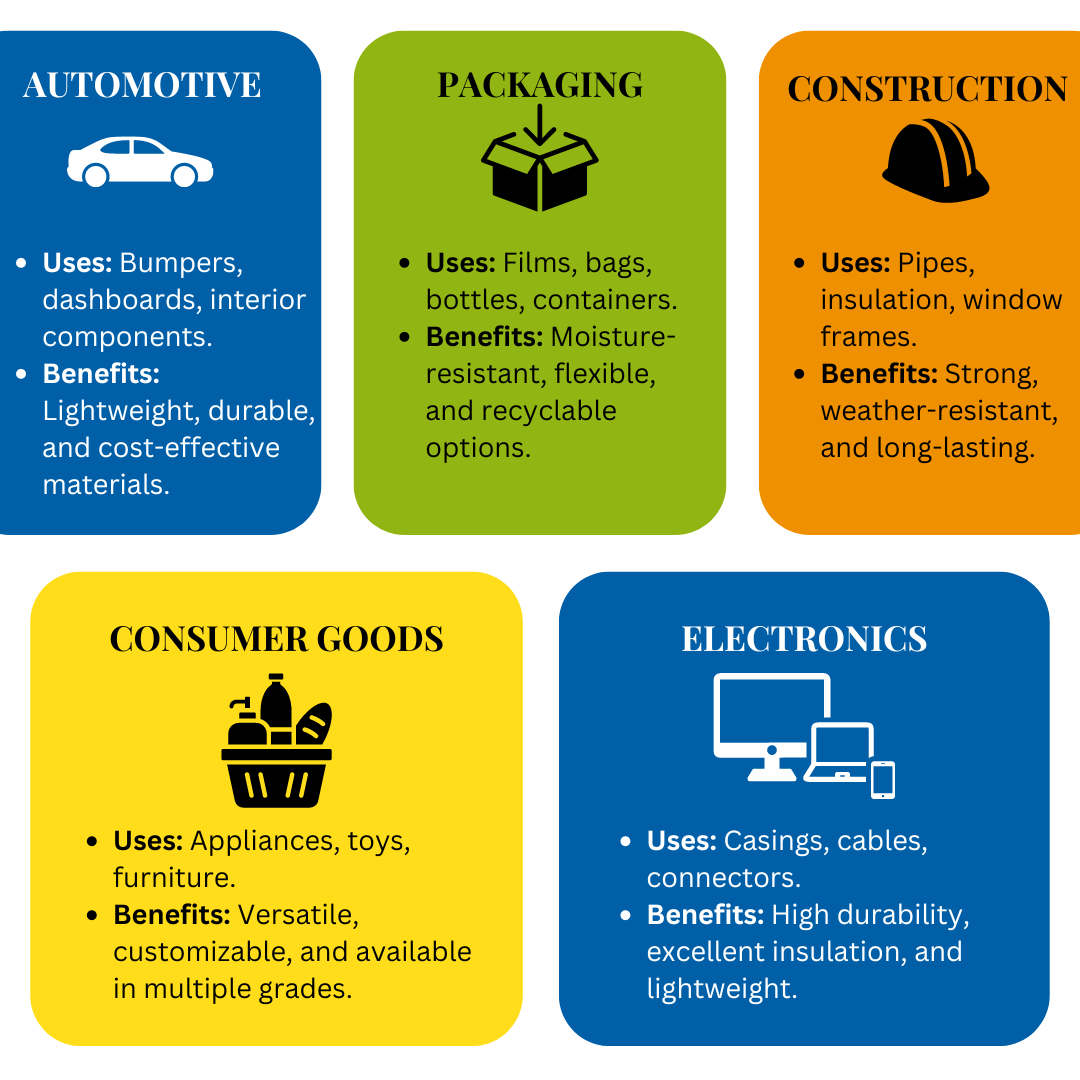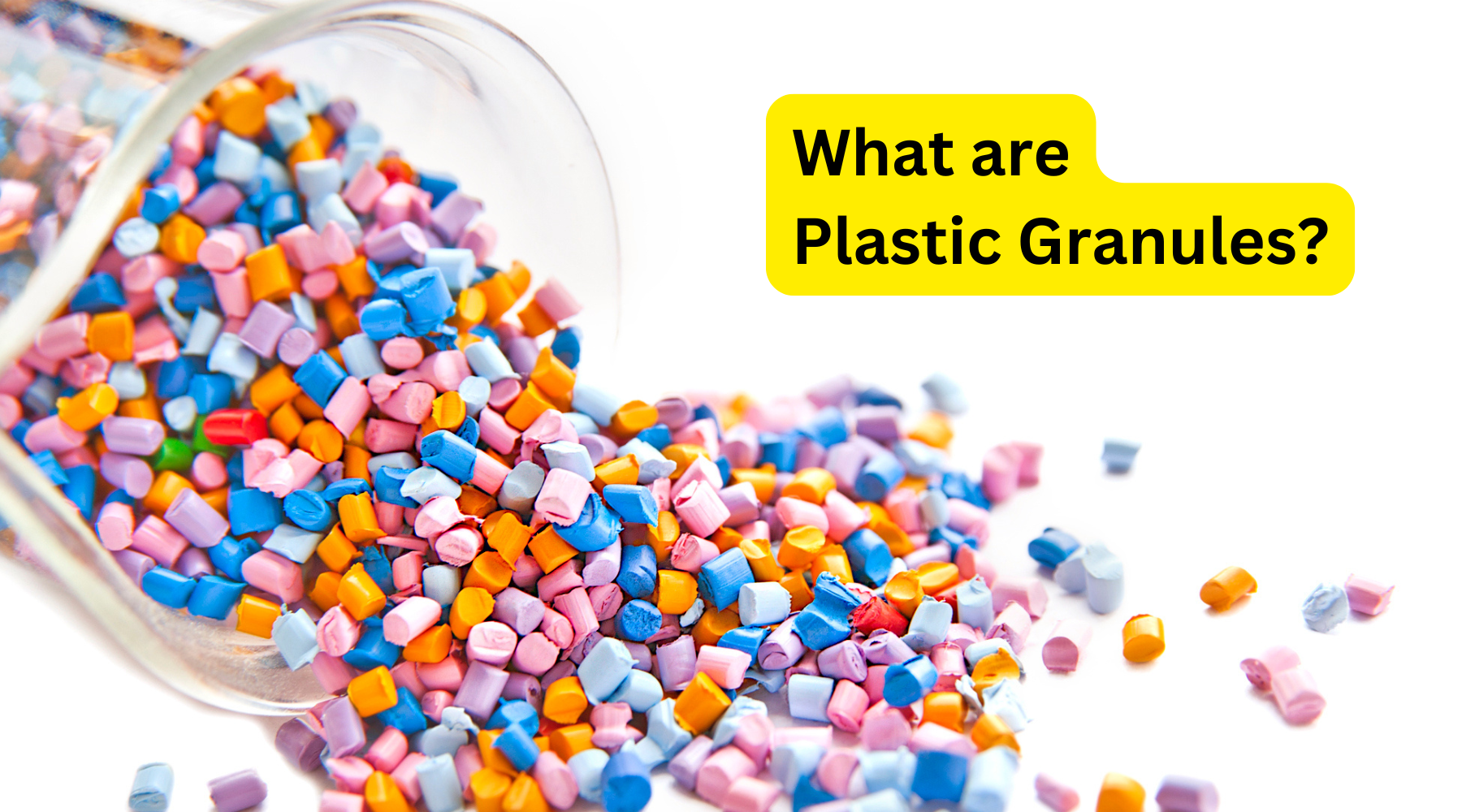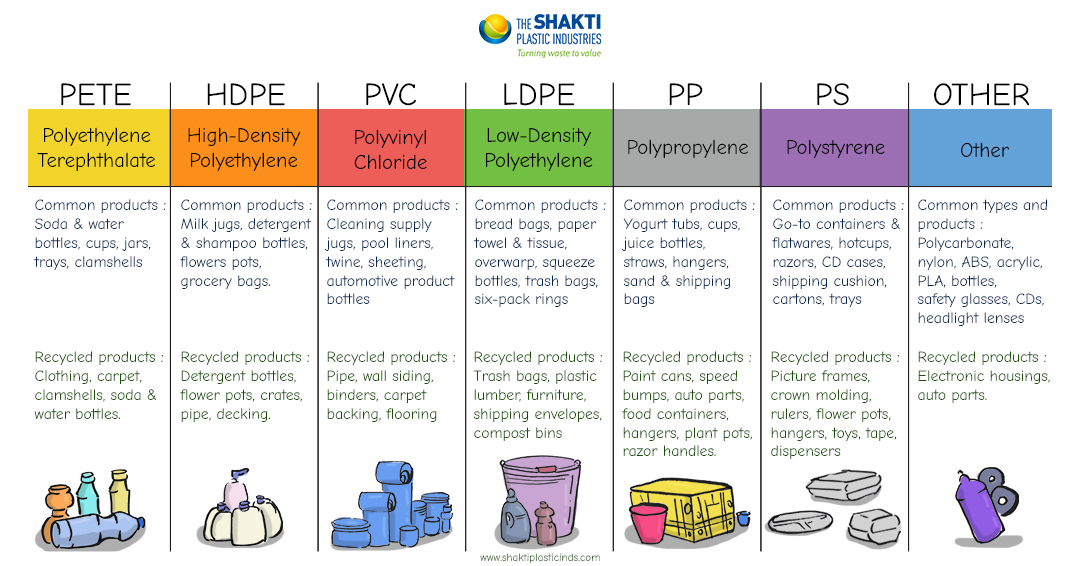In today’s rapidly growing world of manufacturing, plastic granules are an essential raw material. From packaging to automotive parts, these tiny pellets are transformed into products. If you’re running a business and wondering which type of plastic granule is right for you, you’ve come to the right place.
What are Plastic Granules?
Plastic granules are small, uniform pellets made from various types of plastic granules. These granules are a critical raw material used in a wide range of manufacturing processes. They are melted down and molded into finished products through processes like injection molding or extrusion.
Why Businesses Use Plastic Granules
The widespread use of plastic granules in industries is due to their versatility, cost-effectiveness, and ease of transportation. Whether you are manufacturing packaging materials or complex automotive parts, plastic granules provide flexibility, durability, and scalability for production.
Plastic granules can be categorized based on their polymer types and production processes. Understanding these classifications helps in selecting the right material for your specific applications.
Types of Plastic Granules
Plastic granules come from different types of polymers, each with its own set of properties and applications. Some of the common polymers include:
- LDPE (Low-Density Polyethylene): LDPE is a flexible, soft plastic used to make products like plastic bags, film wraps, and containers. It is known for its resilience and ability to withstand pressure, making it ideal for packaging applications.
- HDPE (High-Density Polyethylene): HDPE is stronger and more rigid compared to LDPE. It is commonly used to manufacture items such as milk jugs, detergent bottles, and outdoor furniture. It has excellent resistance to chemicals and impact, making it highly durable.
- LLDPE (Linear Low-Density Polyethylene): LLDPE combines the strength of HDPE and the flexibility of LDPE. It is widely used in films, stretch wraps, and plastic liners. Its flexibility allows for a thinner material to be used without sacrificing strength.
- PP (Polypropylene): Polypropylene is a versatile plastic known for its heat resistance and toughness. It is used to make a range of products such as automotive parts, textiles, and medical devices. Its durability and low moisture absorption make it ideal for high-performance applications.
- PVC (Polyvinyl Chloride): PVC is a rigid plastic often used in construction for pipes, window frames, and vinyl siding. It is durable, weather-resistant, and has good electrical insulation properties. PVC can also be made more flexible when combined with plasticizers, making it suitable for products like cables and flooring.
- PET (Polyethylene Terephthalate): PET is commonly used in the production of bottles, food containers, and synthetic fibers. It is lightweight, transparent, and offers excellent moisture and gas barrier properties, making it perfect for packaging applications.
Thermoplastics vs. Thermosetting Plastics
Thermoplastics like PE and PP can be melted and remolded multiple times, making them ideal for recycling. Thermosetting plastics, once set, cannot be remelted and reused, which limits their recycling capabilities.
Importance of Plastic Granule Quality
High-quality plastic granules result in better final products, reducing defects and increasing durability. Businesses need to ensure they source granules that meet industry standards and specifications.
Recycled Plastic Granules
The growing emphasis on sustainability has led to the increased use of recycled plastic granules. These granules are made from waste plastic materials that are processed, cleaned, and reformed into new granules.
Benefits of Using Recycled Plastic Granules
Using recycled plastic granules reduces environmental impact by diverting plastic waste from landfills and conserving resources. It also lowers production costs for businesses.
How Recycled Plastic Granules are Made
Recycled granules are produced by collecting plastic waste, cleaning it, and processing it through a pelletizing machine to create new granules ready for reuse.
Common Applications of Recycled Plastic Granules
Recycled granules are used in various industries, including packaging, automotive, and consumer goods. They are often incorporated into products like benches, construction materials, and even textiles.
Choosing the Right Plastic Granules for Your Business

Factors to Consider When Selecting Plastic Granules
When choosing plastic granules, businesses should consider the specific properties required for their products, including strength, flexibility, and heat resistance.
Durability and Strength of Plastic Granules
Different types of plastic granules offer varying degrees of durability and strength. For example, PP is highly durable and resistant to chemicals, while PE is flexible but less strong.
Environmental Impact of Different Plastic Granules
With rising environmental concerns, businesses are increasingly opting for recycled or biodegradable granules. Biodegradable plastic granules are designed to break down naturally, reducing their environmental footprint.
Cost Considerations for Businesses
The cost of plastic granules varies based on their type and quality. Recycled granules tend to be more cost-effective than virgin granules, offering a balance between sustainability and affordability.
Regulatory Standards and Certifications
Businesses must also ensure that the plastic granules they use comply with industry regulations and standards, such as FDA approval for food packaging materials or ISO certifications.
Applications of Plastic Granules Across Industries

Automotive Industry
In the automotive sector, plastic granules are used to manufacture parts like bumpers, dashboards, and interior components.
Packaging Industry
Plastic granules are essential for producing various packaging materials, from films and bags to bottles and containers.
Construction and Infrastructure
PVC and other durable plastics are widely used in the construction industry for pipes, insulation, and window frames.
Consumer Goods
Many everyday items, such as household appliances, toys, and furniture, are made from plastic granules.
Electronics Industry
Plastic granules are used in the electronics industry to produce casings, cables, and connectors.
Future Trends in Plastic Granules
As technology advances, new trends are emerging in the production and use of plastic granules.
Innovations in Biodegradable Plastic Granules
Biodegradable plastic granules are becoming increasingly popular as businesses seek to reduce their environmental impact.
Impact of Regulations and Environmental Policies
Stricter environmental regulations are pushing manufacturers to adopt more sustainable practices, including using recycled and biodegradable plastic granules.
Advancements in Plastic Recycling Technologies
New recycling technologies are making it easier to process and reuse plastic waste, contributing to a circular economy.
Frequently Asked Questions (FAQs)
1. What are plastic granules, and why are they important?
Plastic granules are the raw materials used to manufacture plastic products. They are essential for the production of items ranging from packaging to automotive parts due to their versatility and ease of processing.
2. Can recycled plastic granules be used in high-end applications?
Yes, recycled plastic granules are increasingly used in high-end applications such as automotive parts, electronics, and construction materials, thanks to advancements in recycling technologies.
3. How do I choose the right plastic granule for my business?
Consider factors like the application, required properties (e.g., strength, flexibility), cost, and environmental impact when selecting plastic granules.
4. What are the most eco-friendly plastic granules available?
Biodegradable and recycled plastic granules are the most eco-friendly options, helping businesses reduce their environmental footprint.
5. How do plastic granules impact manufacturing costs?
Plastic granules are a cost-effective material, but prices can vary based on the type of granule. Recycled granules tend to be more affordable, while specialty granules like biodegradable ones can be more expensive.
6. What are the latest trends in plastic granule technology?
The latest trends include biodegradable plastic granules, advancements in recycling technologies, and a shift toward more sustainable and eco-friendly materials.



